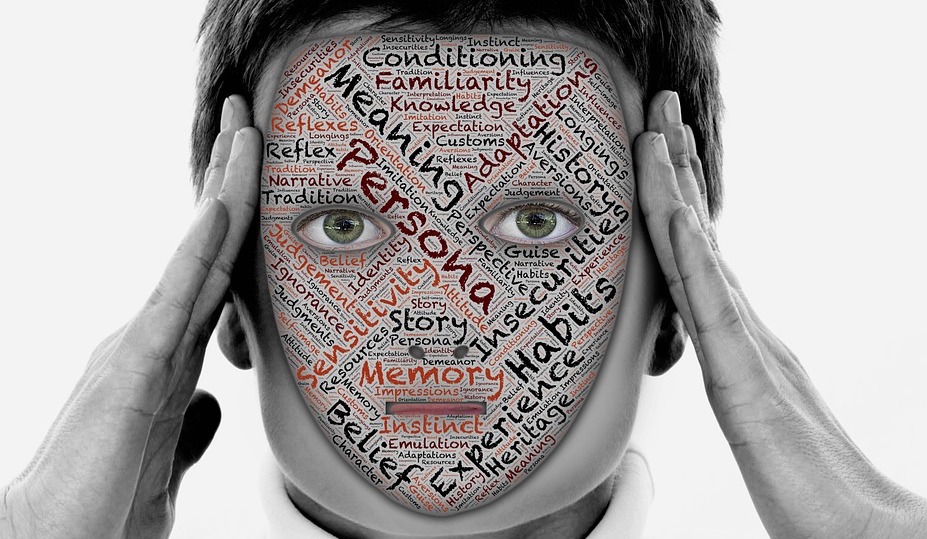This post is also available in Dutch.
After once again having fallen prey to the irresistible appeal of self-discovery via online quiz, I poured over my shiny new personality test results: I’m an “ENFJ”. This online test, known as the Myers-Briggs Type Indicator (MBTI), was quite different from the Big Five personality assessment that I took while applying for my current job. I wondered if my freshly defined ‘personality type’ was tantamount to an astrologer telling me that I’m a Scorpio. There are plenty of personality tests out there, each with its own (possibly questionable) origin in the winding history of Psychology. Not all personality tests are created equal, however, and we must be wary of the conclusions we draw from each.
What are the choices?
For any personality quiz to be taken seriously, we must first test it scientifically. The MBTI, which has become wildly popular, is known to experts as one of the worst personality assessments in existence. The questions are confusing and poorly worded. Personality traits, though relatively stable over time, do gradually change and mature across the lifespan. A person’s MBTI results, however, can vary from week to week. Others, like the HEXACO and the Enneagram type tests, have also been scientifically validated (they fared better than the MBTI) and are freely available in the Google-verse.
The most widely used assessment in research studies is the Big 5 Personality model. The creators of this test tried to avoid the problems of previous models by using objectively developed, straightforward questions that place a person somewhere on a continuum of personality traits. Nevertheless, like any test out there, the Big 5 won’t reveal any mind-blowing facts that you didn’t already know in the first place, since the results are entirely based on what you are willing to be self-reflective and honest about.
How should we use personality tests?
Even so, the best way to use the Big 5 (and other tests) is as a way to compare someone with others who have taken the same test. For example, an employer should not use a personality test to assess the hirability or predict the performance of a job applicant. The results of a test can, however, be used to create a general picture of a team member and how to work with them in a team setting. Unfortunately, lots of published correlations between personality traits and life outcomes have confused some people into thinking that personality tests are magical crystal balls into the soul and into the future. I am quite an extroverted person. Does that mean I am a talented saleswoman? According to correlations, yes—according to every boss I’ve ever had, nope.
Some tests are silly and few are informative—but all of them are born from a deep enduring desire to understand ourselves. No matter what test you feel like taking, don’t over-interpret the results and always think about its limitations. The next time you’re tempted by another BuzzFeed quiz, don’t put too much stock in its results (like, apparently, I should move to Tokyo).
Credits
Original language: English
Author: Christienne Gonzales Damatac
Buddy: Marisha Manahova
Editor: Monica Wagner
Translator: Felix Klaassen
Editor Translation: Wessel Hieselaar
